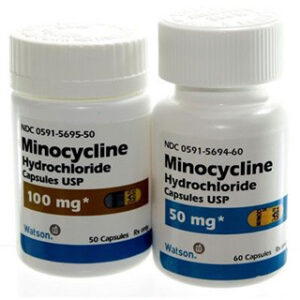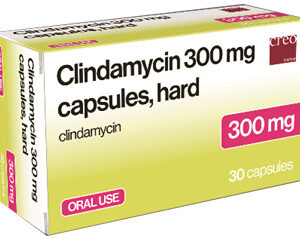Erythromycin is a broad-spectrum antibiotic drug that belongs to the macrolide class. It is commonly prescribed to treat various bacterial infections caused by susceptible strains. Erythromycin is available in various forms including tablets, capsules, oral suspension, and intravenous (IV) formulations. The drug works by inhibiting the growth of bacteria, preventing them from producing essential proteins for their survival. Erythromycin is effective against Gram-positive and some Gram-negative bacteria, making it a versatile choice for many infections. When prescribed appropriately, erythromycin can help alleviate symptoms and promote recovery.
What to Avoid When Taking Erythromycin
There are certain situations and conditions where using erythromycin may not be advised. It is important to be aware of these contraindications to ensure safe and effective use of the medication. Avoid erythromycin if you have a known hypersensitivity or allergy to the drug or any of its ingredients. Patients with a history of liver disease or abnormal liver function should exercise caution when using erythromycin, as it may affect liver enzymes and metabolism. Additionally, erythromycin is contraindicated in individuals taking medications such as ergotamine, dihydroergotamine, cisapride, pimozide, or astemizole, as it can lead to potentially life-threatening cardiac arrhythmias.
Potential Side Effects
Like any medication, erythromycin may cause side effects, although not everyone experiences them. Common side effects include mild gastrointestinal symptoms such as nausea, vomiting, abdominal pain, and diarrhea. These usually subside once the body gets accustomed to the medication. Occasionally, erythromycin can cause more severe side effects such as allergic reactions, liver problems, or hearing loss. If you experience any unusual or concerning symptoms during treatment with erythromycin, it is important to seek medical attention immediately.
How to Take It
Erythromycin should be taken exactly as prescribed by your healthcare provider. The dosage and duration of treatment depend on the type and severity of the infection. It is important to complete the full course of antibiotic therapy, even if symptoms improve before the prescribed duration is complete. Erythromycin can be taken with or without food, but taking it with a meal may help reduce gastrointestinal side effects. If you miss a dose, take it as soon as you remember. However, if it is nearly time for the next dose, skip the missed dose and continue with the regular dosing schedule. Taking a double dose or increasing the frequency of administration may lead to overdose, which can cause symptoms such as nausea, vomiting, abdominal pain, and hearing loss. In case of overdose, seek medical attention immediately.
What to Watch Out For
Erythromycin may interact with other medications, potentially affecting their efficacy or increasing the risk of side effects. It is important to inform your healthcare provider about all the medications, supplements, and herbal products you are currently taking. Some common drugs that may interact with erythromycin include anticoagulants, antiepileptics, antiarrhythmics, statins, and certain psychiatric medications. These interactions can lead to altered drug levels in the body, increasing the risk of side effects or reducing the effectiveness of the medications being used. Your healthcare provider will be able to determine the best course of action and adjust the dosage or choose alternative medications if necessary.
Questions Answered
-
Can I drink alcohol while taking erythromycin?
It is generally advised to avoid alcohol consumption while taking erythromycin, as it may increase the risk of certain side effects such as liver toxicity and gastrointestinal symptoms. -
Can erythromycin be used during pregnancy?
Erythromycin is generally considered safe to use during pregnancy, but it is important to discuss with your healthcare provider and weigh the benefits against the potential risks. Your healthcare provider will evaluate your individual situation and prescribe the most appropriate treatment option. -
Is it safe to drive while taking erythromycin?
Erythromycin may cause dizziness or drowsiness in some individuals. If you experience these side effects, it is advisable to avoid driving or operating heavy machinery until you are certain of your ability to do so safely. -
Can erythromycin be used in children?
Erythromycin can be used in children, but the dosage and form of administration may vary depending on the child’s age and weight. Pediatric dosing should be determined by a healthcare professional to ensure safe and effective use. -
Can erythromycin be used in patients with kidney disease?
Erythromycin may require dosage adjustments in individuals with kidney disease. It is important to inform your healthcare provider about your kidney function so that appropriate dosage modifications can be made if necessary.






Reviews
There are no reviews yet.